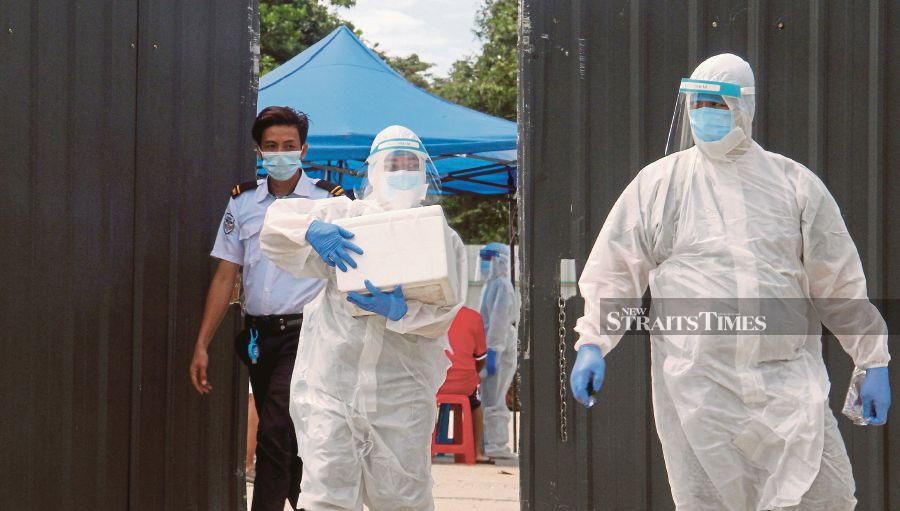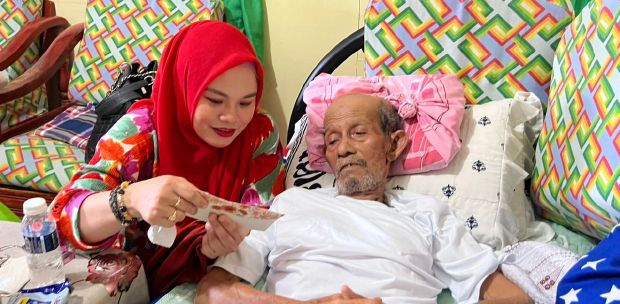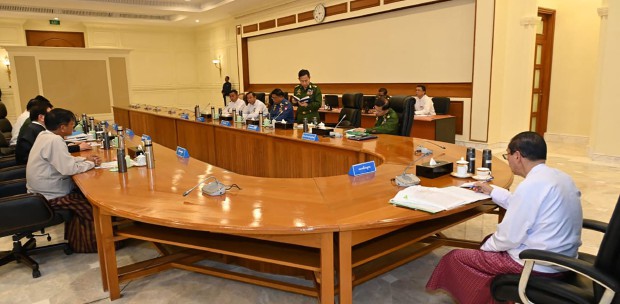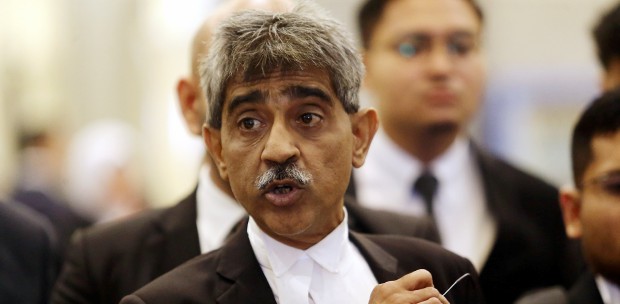KUALA LUMPUR: The declaration of emergency in Batu Sapi is the best solution to deal with political matters to safeguard the people under the present socio-economic climate.
Lawyer Haniff Khatri Abdulla, who had criticised the cabinet's bid for a blanket declaration of emergency last month, said the decree was the most constitutional and legal option on the table to resolve the issue.
He said the other option was going through Dewan Rakyat to amend Article 54 of the Constitution on elections to allow a requirement to adjourn or delay any polls in the event of an emergency or urgent situation, such as Covid-19.
"But this cannot be done unless it is tabled in Dewan Rakyat and gets a two-thirds majority. It also may not materialise due to the political conditions, so this is the best choice."
Haniff said it was vital that everyone respected the decision by Yang di-Pertuan Agong Al-Sultan Abdullah Ri'ayatuddin Al-Mus-tafa Billah Shah and accept it as not only constitutional and legal, but also right and moral.
He said the same could be applied for the Gerik by-election after taking into account Covid-19 cases and statistics at the time.
A similar proclamation for Gerik would then be justifiable, he said.
"But that is premature because there are 60 days for the polls in Gerik, and Parliament does have time to table amendments to Article 54 of the Constitution."
He said the king's decree would return the focus back on the nation, people and the economic problems instead of politics.
Under Article 54(1) of the Constitution, if a casual vacancy arises in the Dewan Rakyat, it shall be filled within 60 days from the date on which it is established by the Election Commission that there is a vacancy.
Haniff, however, said that there was a difference between the declaration yesterday and what was sought last month.
He said the prime minister's bid to seek for the king to declare an emergency due to a health emergency earlier lacked justification and basis.
"But here the declaration is only on one part of the affected area, which would be even more severely affected if the constitutional requirement under Article 54 is carried out."
"That is a very big difference and there is nothing contradictory to what the king has done today as opposed to October, and that's very important to be understood."
Medical lecturer Dr Safiya Amaran, a public health specialist at Universiti Sultan Zainal Abidin, said a face-to-face election could worsen Sabah's situation, which the ministry had a few weeks ago declared as a state in crisis.
"It was a good decision to postpone this election, but it is the campaigning and not the balloting that could present the main risks.
"Unless we can introduce new rules to only allow online campaigns and do away with assemblies and door-to-door visits, the polls can't go on.
"But this can also be contested by politicians as an infringement on democratic rights as the Internet coverage in Sabah is poor and not all can view their ceramah this way."
Dr Safiya wondered if the same decree would be called for seats that fell vacant in the peninsula during the pandemic.
"It is important to know what a state of emergency constitutes, in this case.
"We also need to know how it affects the people, as an elected representative is crucial to convey people's problems and seek solutions."





